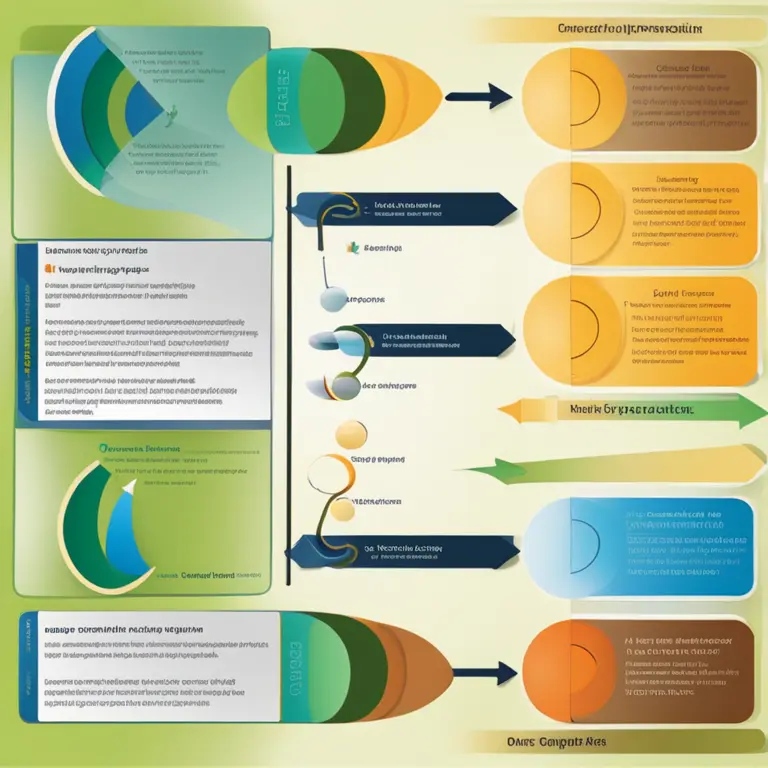
The Purpose of Biorhythms in Personal Wellness
Explore the function of biorhythms in managing health, energy levels, and personal harmony, and how they could influence your daily life.
article by Adrian Wallace
Introduction to Biorhythms
The concept of biorhythms rests on the idea that our lives are influenced by natural physiological cycles. These rhythms are thought to affect our physical, emotional, and intellectual well-being. Originating from the 19th century, the study of biorhythms has since evolved, promising insights into the ebb and flow of human capabilities. They operate on the belief that understanding these patterns can lead to optimized personal health and accomplishment.

The Science Behind Biorhythms
Biorhythms are based on three primary cycles: the 23-day physical, the 28-day emotional, and the 33-day intellectual cycle. Each cycle starts at your birth and oscillates in a sinusoidal pattern between positive and negative phases. Advocates argue that being in tune with these cycles can help anticipate periods of strength or weakness. Skeptics, however, challenge the scientific underpinnings, pushing for more empirical evidence on the impact of these rhythms.

Calculating Your Biorhythms
Determining your personal biorhythms in 2024 has been simplified by technological advancements. Websites and apps now employ algorithms to forecast your cycles based on your date of birth. By inputting this simple data, individuals can receive an analysis of their current biorhythmic state, potentially allowing them to plan activities or commitments accordingly.

Applications in Daily Life
Enthusiasts of biorhythms utilize these forecasts to align life choices—from career moves to personal relationships. For example, one may seek to initiate new projects during a positive physical cycle or avoid stressful negotiations when emotional rhythms are low. Additionally, the concept is employed by some in athletic training, hoping to maximize performance through alignment with physical rhythms.
Debates and Criticisms
While some individuals swear by the usefulness of biorhythms, it's crucial to keep a critical perspective. The scientific community has not arrived at a consensus regarding their validity, with many psychologists and researchers highlighting a lack of empirical support. As such, while biorhythms may offer an intriguing framework, they should not replace medical advice or scientific evidence.
The Future of Biorhythmic Studies
Looking forward, research into human rhythms—biorhythms included—continues to pique the interest of scientists. As our understanding of genetics and body clocks advances, we may uncover more tangible connections between cyclical patterns and well-being. It is essential to follow ongoing research and technological developments that might shed light on how biorhythms could be harnessed for health and wellness.
Published: 1/30/2024
Modified: 1/30/2024
More predictions
Come back here soon to learn more about yourself and your future


Sync Your Cycles for Harmony With Biorhythms
Delve into the synchronization of personal biorhythms to enhance relationship compatibility and understand its role in fostering deeper connections.


The Rhythms Within Science: A Guide to Biorhythms
Delve into the science of biorhythms to grasp how the physiological cycles influence our lives. This guide breaks down the complexity of biorhythmic patterns.


A Guide to Biorhythms Journey
Embark on a journey of self-discovery through the science of biorhythms to optimize your life's potential.